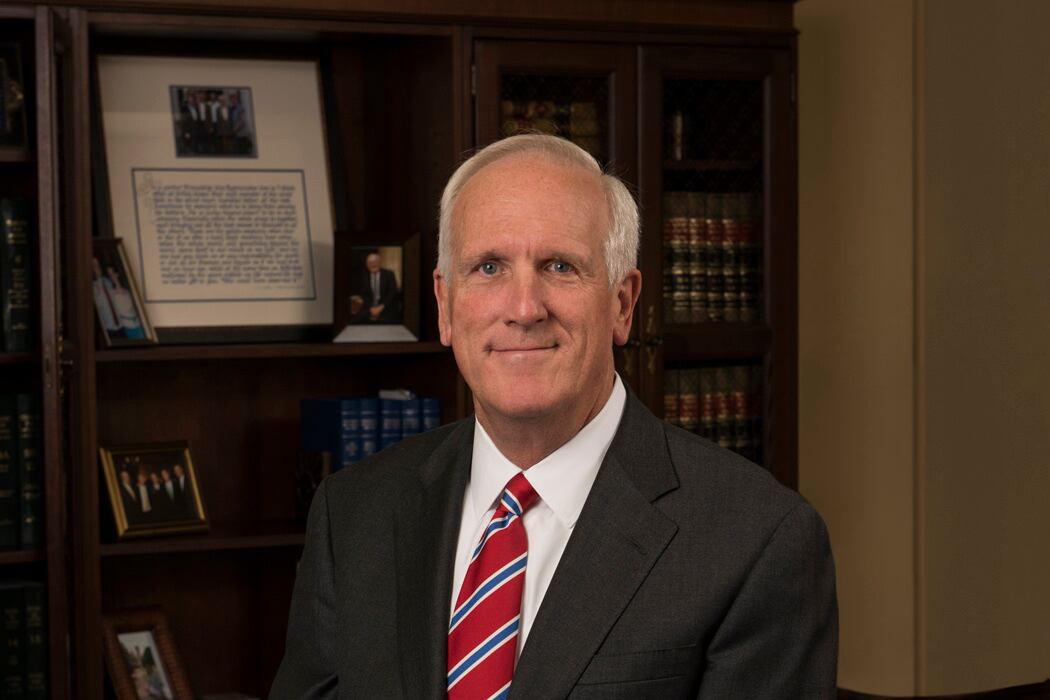The state attorney general on Thursday asked the Tennessee Supreme Court to step in and lift orders by two lower courts that prevent the state from moving forward with its education savings account program.
The state filed several motions in its race to launch the controversial voucher program for the upcoming school year as it appeals a Nashville judge’s ruling overturning Tennessee’s 2019 voucher law earlier this month.
On Tuesday, the Court of Appeals declined to lift the judge’s order blocking the program’s rollout pending appeal. A hearing on the appeal is set for Aug. 5 — too late for the state education department to start the program this fall as directed by Gov. Bill Lee.
The state argues that students wanting to participate will be hurt if the Supreme Court does not let Tennessee provide taxpayer money to eligible families in Memphis and Nashville to send their children to private schools instead of public ones.
“Losing the ability to offer those new opportunities for a full school year would constitute very real — and totally irreparable — harm for the State, let alone the students, parents, and schools participating in the ESA Program,” one motion says.
Court documents say 683 applications had been deemed complete for consideration for the 5,000 available seats as of May 6, when the education department froze the program after the judge’s ruling. Another 1,226 online applications are incomplete, the documents say.
Davidson County Chancellor Ann C. Martin ruled the law unconstitutional because it applies only to Nashville and Shelby County without giving their local governments or voters a say. But Slatery’s office has argued that education policy is the responsibility of state government and that local constitutional protections known as “home rule” don’t apply in this case.
The state now joins three pro-voucher groups that filed motions this week asking the state’s high court to take over: the Beacon Center of Tennessee, the Institute for Justice in Virginia, and the Chicago-based Liberty Justice Center.







